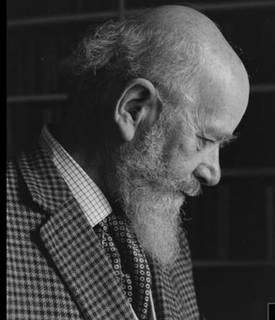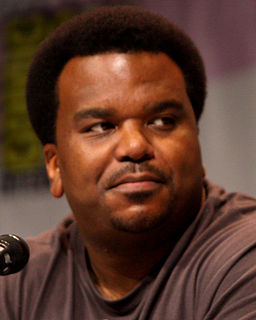A Quote by Philip Roth
You asked if I thought my fiction had changed anything in the culture and the answer is no. Sure, there's been some scandal, but people are scandalized all the time; it's a way of life for them. It doesn't mean a thing. If you ask if I want my fiction to change anything in the culture, the answer is still no. What I want is to possess my readers while they are reading my book ? if I can, to possess them in ways that other writers don't. Then let them return, just as they were, to a world where everybody else is working to change, persuade, tempt, and control them.
Related Quotes
I always tell people, "There's a book on everyone." I get some of that book before I do anything. If I want to deeply understand someone's reputation, I'll talk to their friends, their former bosses, their peers, and I'll learn a lot about them. I want them to be trusted. I want them to be respected. I want them to give a s - -. Then there are the intangibles: physical and emotional stamina, the ability to confront issues. I can ask all I want about those things, but I also have to see a lot of it.
If you want to liberate someone, love them.Not be in love with them - that's dangerous. If you're in love with your children, you're in their lives all the time. Leave them alone! Let them grow and make some mistakes. Tell them, "You can come home. My arms are here - and my mouth is too." When you really love them, you don't want to possess them. You don't say, "I love you and I want you here with me."
My platform has been to reach reluctant readers. And one of the best ways I found to motivate them is to connect them with reading that interests them, to expand the definition of reading to include humor, science fiction/fantasy, nonfiction, graphic novels, wordless books, audio books and comic books.
I try to return my calls but I get inundated with emails and I can't answer them all. So often, I have to refer to them my webpage and the frequently asked questions or refer them to the books. But if they take the time to call me, I try to call back. You know, I am really busy, but just happened to have an hour in the hotel room and had some time before I have to meet some people about 20 minutes.
Really the only motivation is through deliciousness; cooking great food that people want to eat again. I want them all to achieve what they all want to do, and I ask then all what they want to do in 5 years. I don't care what the answer is, I can help them all get there as long as they tell me what they want.
People do ask me for advice for some reason. And I'll just kind of pose it back to them and let them answer on their own. I never like to give my advice 'cause I don't want them to come back and 'You were wrong! You ruined my life!' so it's more about 'Hey, this is what you just told me. What does that sound like to you?'
I do have personal relationships with a lot of "fans," in quotations. I answer all my mail, I get emails from fans, and I try to answer them all. That's important to me, but occasionally there's the thing where people basically ask me to write book reports for them, and I don't have that kind of time. I feel like there's a certain sexism involved, like because I'm a woman I'm supposed to constantly be like giving to everybody.
When you're not doing fiction, there's a limit to how much illustrating you can do with your work. I mean, you can do fine. There are great non-fiction writers, but people aren't necessarily going to say anything that reveals them as much as a picture might. Even their surroundings, in lot of cases, the things that meant the most to me were the things I noticed in their houses. I was always looking, as much as I was listening to them. I was looking around for clues as to why I was there.
Because of that she had never had enough energy to be herself, a person who, like everyone else in the world, needed other people in order to be happy. But other people were so difficult. They reacted in unpredictable ways, they surrounded themselves with defensive walls, they behaved just as she did, pretending they didn't care about anything. When someone more open to life appeared, they either rejected them outright or made them suffer, consigning them to being inferior, ingenuous.
Even though you try to put people under control, it is impossible. You cannot do it. The best way to control people is to encourage them to be mischievous. Then they will be in control in a wider sense. To give your sheep or cow a large spacious meadow is the way to control him. So it is with people: first let them do what they want, and watch them. This is the best policy. To ignore them is not good. That is the worst policy. The second worst is trying to control them. The best one is to watch them, just to watch them, without trying to control them.





































